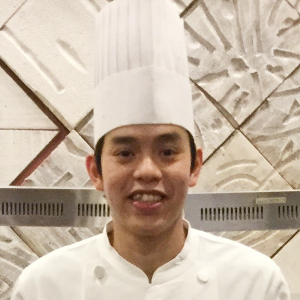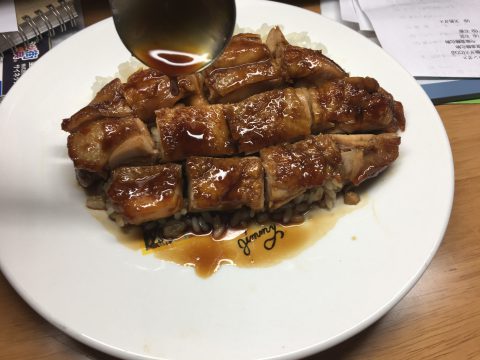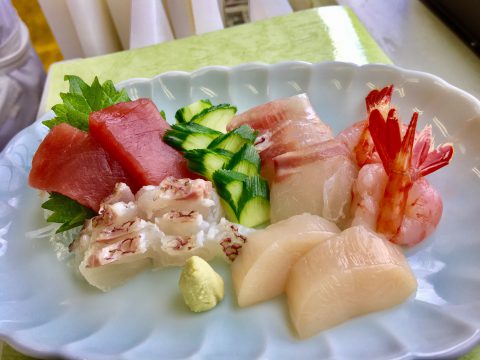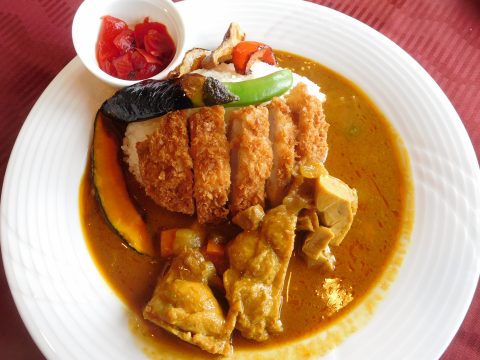Delicious Japanese Food
JAPANESE FOODS
14.07.2017
Hi, my name is Phouc from Vietnam.
5years ago, I had a first experience of Washoku(Japanese food). Since then, I have a deep interest in Washoku, and I came to Japan to learn Washoku. After I graduated Japanese language school, I have entered culinary school. Based on my experience and knowledge, I will introduce the modern and traditional Japanese food culture. Hope you enjoy my article.
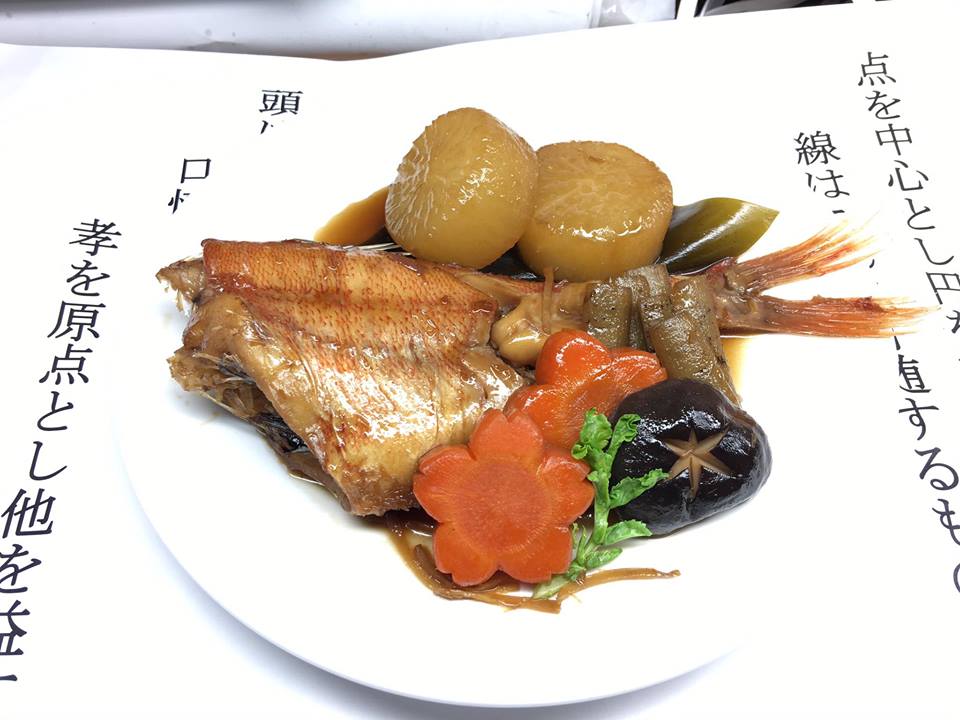
What is the attraction of Japanese Washoku? I think it is difficult to explain by words. Talking about Japanese Washoku, we can say most of the people love Sashimi and Sushi. They are very popular through the world these days. However, besides Sushi and Sashimi, there are still some variety of dishes as well, which we call Washoku. For example: Okonomiyaki, Tempura, and Soba Noodle..v..v. 5 years ago, I met Japanese cuisine and became a fun of Washoku In my opinion, there are 3 basic things that create the attraction of the Washoku.
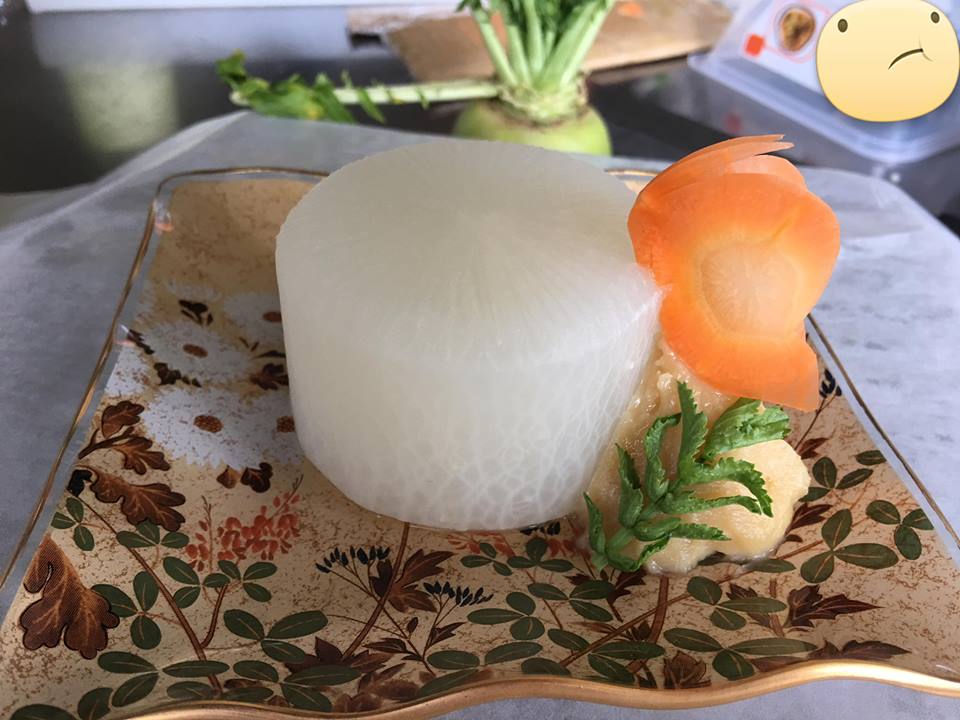
First of all, it’s about the beauty and the taste. Japanese Washoku is said usually eat by eyes and then, feel the taste. Washoku always use fresh main ingredients of seasons, like seafood straight from the sea, and as well as vegetables. After that, the ingredients are cooked perfectly by using all the flavors and aroma, and well decorated in details, that people can imagine the scene of mountain and sea. For example, in Spring, they trim the roots in the cherry blossom(Sakura) shape instead of an autumn leaf (Momiji) shape, then put on the steam vegetables pot. So, when people eat it, they can feel the beauty of nature in every single taste.
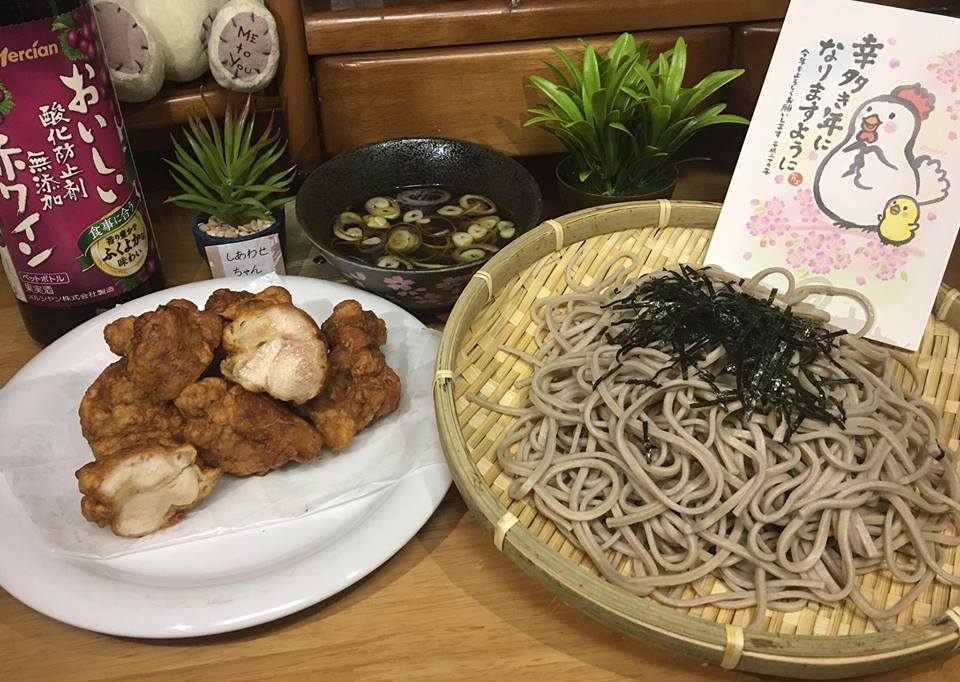
The second thing is, Washoku is good for health. “Ichiju Sansai”(1 soup,3 veggie) is the basic Wahoku style that helps people to take well-balanced nutrition in their meal. In Japanese Washoku, seafood is often used because it contains a rich source of nutrition. Peas and vegetables also help to balance the nutrition of Washoku. That mean they use fatless ingredients to keep health and avoid obesity and some diseases related to regimen.
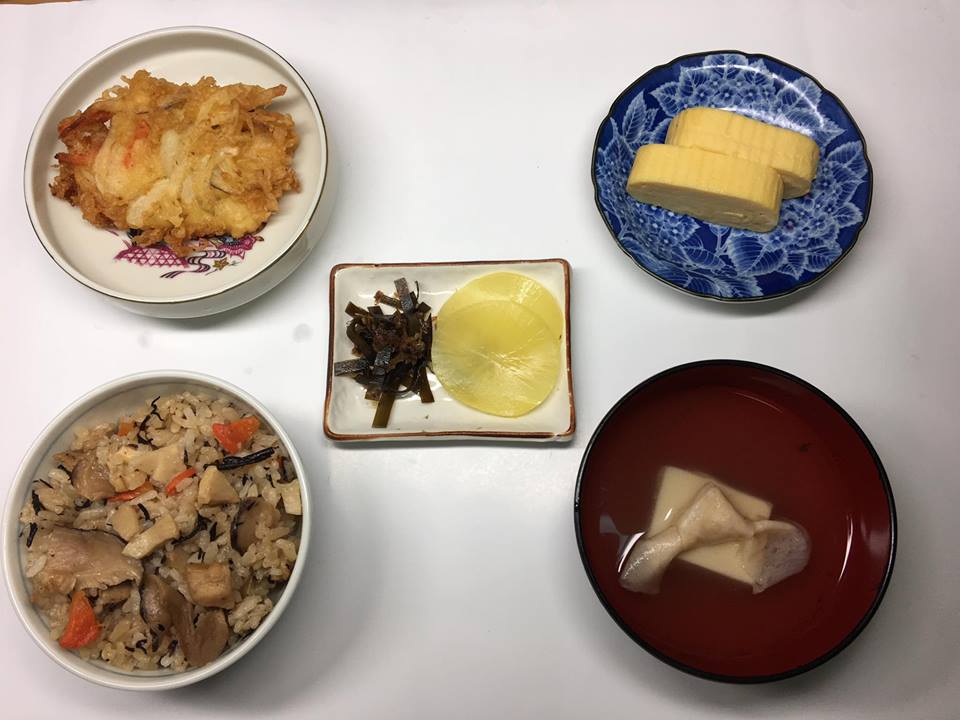
Last is about the relation with traditional Japanese culture. Washoku is closely related to all events through the year like Setsubun, New Year’s Day, and Obon Festival. For example, at New Year’s Eve night, Japanese people eat Soba noodle to cut off all the bad things of the old year and wish for the health, good luck and the longevity in the next year. Osechi dishes and Ozoni ( Redbean paste serve with mochi ) always be eaten in the New Year’s day. This is also the Japanese tradition.
These are 3 most important things about Washoku in my opinion, and these are the reasons why I choose to live with Washoku. I felt Washoku is not just a food, but it is a food with feeling. Definitely Washoku is a precious heritage of Japan, because it represent the Japanese traditional culture and the aesthetics sense of Japanese people. I think it should be well maintained, protected and developed.

